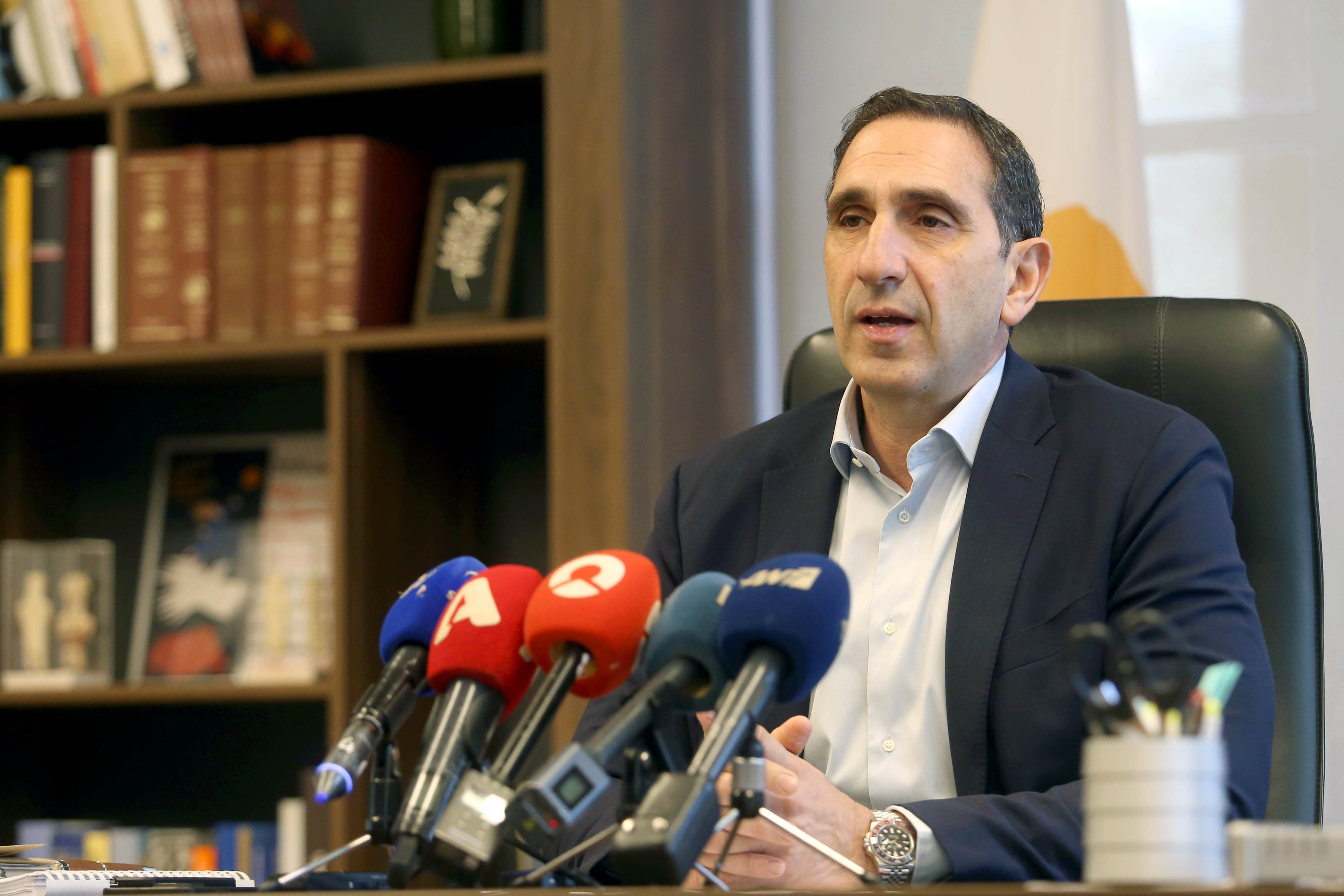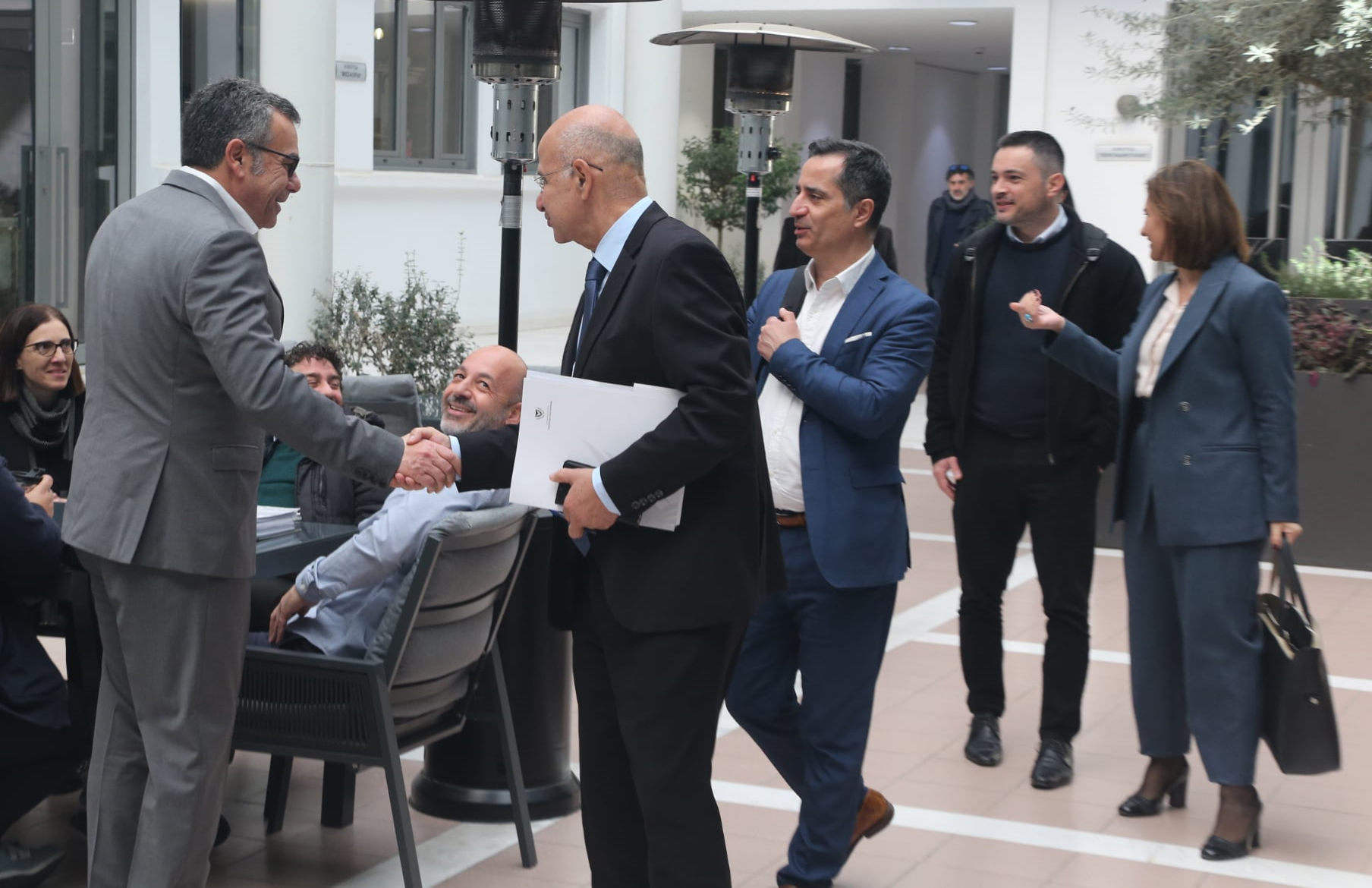Long battle ahead as government pledges a review of their number and cost
Even for those who fully understand the minutiae of last year’s local government reform, the ongoing dispute over the role of deputy mayors is bewildering and has become bogged down in wrangles over their number, their cost and excessive red tape.
Under the reform, municipalities and communities were merged into clusters in a move to streamline local government. Each municipal council was promised a deputy mayor seat in return for the loss of their elected community leader and five councillors, only to be told a few months down the line, before they even got going, that they were unnecessary and should be done away with by the same people who suggested them in the first place.
On Thursday, following an uproar by deputy mayors, who have set up a coordinating committee to push for a role in their umbrella municipalities, the House interior committee convened to look into possible amendments to the legislation that reformed local administration.
Interior ministry permanent secretary Elikkos Elia told MPs that the ministry would be conducting a thorough review of the role of deputy mayors and dismissed the idea of a “hybrid system” where some boroughs have deputy mayors while others still rely on community leaders.
Deputy mayor of Ayios Athanasios, Limassol, Marinos Kyriakou told the Sunday Mail that the House committee would discuss the issue of deputy mayors over the next few weeks, to give time for the coordinating committee to have a say.
“The issue concerning the community leaders and the broader issues and responsibilities of deputy mayors are very serious,” said chairman of the interior committee, Akel MP Aristos Damianou and confirmed that the committee would look into the issue in the coming weeks.
Kyriakou said the 15-member coordinating committee would meet again on Monday afternoon in Mouttayiaka and then request meetings with the House interior committee, parliamentary parties, the interior ministry and the Union of Municipalities to present their positions.
“The bill taken to parliament by the interior ministry contains a lot we agree with, however it needs to be improved,” Kyriakou said.
He added that he did not believe anyone would be ignoring them, as their reactions were “justified”.
“In November, at the general meeting of the Union of Municipalities, the president of the Republic had said in his speech that some things would be rectified, such as the excessive number of deputy mayors. How did he know the number was excessive, when the reform of local administration had not yet got going properly?” Kyriakou asked.
“Why did the communities that were incorporated into municipalities have to do so and why did they not leave the communities to work with their councils, their community leaders, their funds, their district officer?”
Kyriakou explained how things were now complicated.
Prior to the reform, the community leader would solve problems fast and in a simple way, “without all the bureaucracy”.
“Now, in order to get anything done, if a problem needs to be solved immediately, a letter or email must be sent to the main municipality, pass from the archives to be archived, on the next day reach the director of the municipality, then be sent to the mayor who will give instructions to the supervisor of the service and the supervisor will give other instructions to the rest from thereon to solve the problem!”
Kyriakou alleged that some communities were merged with municipalities because the former had access to the coast and therefore received income from tourism development which the municipalities have now managed to get their hands on.
“There is a municipality that had no sea and due to the communities it managed to incorporate with it and now has sea; this is not right,” he said.
“Now they are saying there are too many deputy mayors. They sugared the pill to compel the communities to join the municipalities by saying they will have a deputy mayor, a voice and role within the municipal council, and now they are saying there are too many. Are they serious?” Kyriakou said.
He also warned that the parties and the government will pay the price in the next elections.
“The government and MPs and the chairman of the committee and others are saying that the number of deputy mayors is excessive. But they were the ones that voted this in. Why didn’t they say something then? Because the communities would have reacted and not merged,” Kyriakou explained.

In November 2024, Interior Minister Constantinos Ioannou acknowledged that around 90 deputy mayors were getting paid on the taxpayer’s dime even though they had no official duties.
During a House finance committee meeting, Ioannou had to concede that the law governing the new system of local government did not spell out the duties of the deputy mayors.
Last month, the deputy mayors of the four municipalities in the broader Limassol area met in Mouttayiaka to discuss the lack of direction and responsibilities regarding their office and proposals to solve the problems caused by the local government shake-up.
They said the government and parliament should acknowledge their role and assign specific responsibilities.
Another meeting was held on March 5 in Limassol, where approximately 50 deputy mayors came together to reinforce their demand for clear legal frameworks that properly define their roles.
The deputy mayors, representing a significant portion of the 93 currently in office across the island, have become increasingly vocal about what they see as confusion and mismanagement stemming from the recent restructuring of local government.
At the forefront of the movement is Christos Papamichael, the deputy mayor of Yermasoyia, who, reflecting on the past nine months, highlighted the challenges deputy mayors have faced since the reform was introduced.
“We have shown patience, but the situation has become untenable,” he stated. “Today, we reaffirm our stance and the need for a clear, legally defined role. The ambiguity in the current legislation has only made matters worse, and now we must ensure our voices are heard at the highest levels.”
On Thursday, Elia said the ministry would be conducting a thorough review of the role of deputy mayors and dismissed the idea of a “hybrid system” where some boroughs have deputy mayors while others rely on community leaders.
Speaking after a House interior committee meeting on proposed amendments to local administration laws, Elia said the bill clearly defines the duties of deputy mayors and distinguishes them from those of mayors.
“We hope that with the package of amending bills […] the role of deputy mayors will be upgraded,” he said.
“The interior ministry is evaluating the institution of deputy mayors generally, both in relation to their number per municipality and their specific duties,” he added.
“If necessary, the ministry will introduce a new bill, which will take effect in the next local administration elections,” he said.
Regarding the old-style, non-elected mukhtars or certifying officers, Elia said they existed before the office of deputy mayors was created and have historically served boroughs effectively. The term mukhtar is often used interchangeably with community leader, but in fact the latter are elected while the former is appointed.
Kyriakou also spoke about the mukhtars, saying they were “an anachronistic institution from the time of colonial rule”.
He added it would have been wiser and more practical to give this job to “the deputy mayors who were elected by the people and who would do the job free of charge” – though of course, they still get their fixed salary – as opposed to the mukhtars or certifying officers who charged according to a fixed pricelist.
Elia stressed that the mukhtars were “not paid by the government, so there is no cost from their appointment”.






Click here to change your cookie preferences